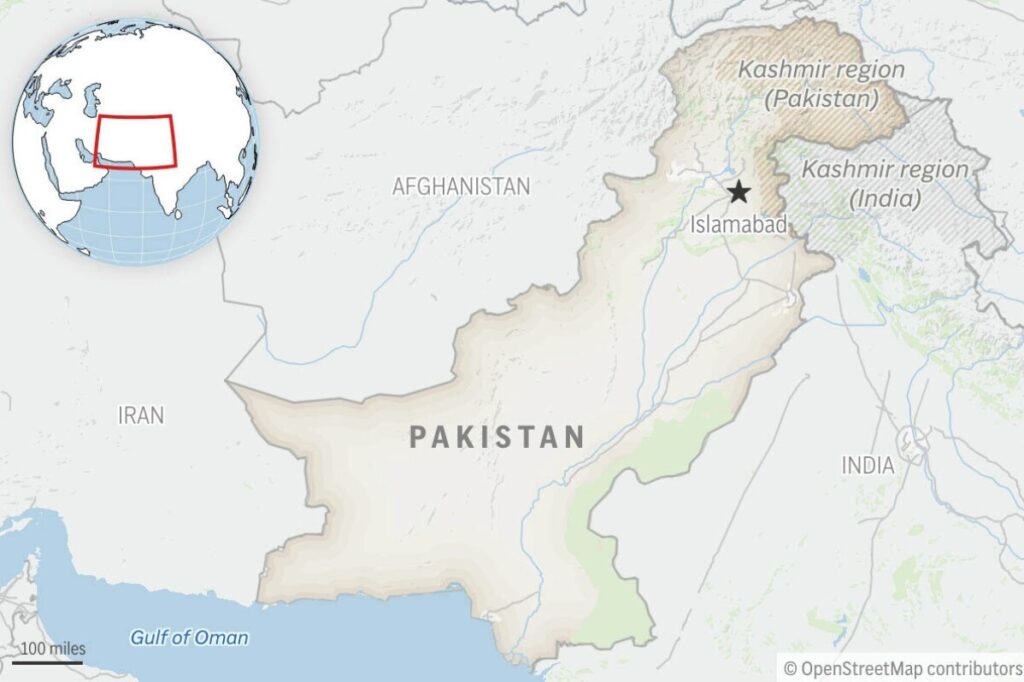Deadly Unrest in Pakistan-Administered Kashmir Exposes Governance Failures and Regional Instability
Violent clashes in Pakistan-administered Kashmir leave four dead and over 100 injured, highlighting a governance crisis that risks fueling regional instability with direct implications for U.S. interests.

In Pakistan-administered Kashmir, a region already fraught with geopolitical tension, recent violent protests have tragically claimed the lives of four individuals—including three police officers—and left over one hundred wounded. This unrest is not just another local disturbance but a glaring symptom of governance failures that undermine stability and threaten broader regional security.
Armed protesters violently confronted law enforcement personnel tasked with maintaining order amid demands for subsidies on essential services such as food and electricity. The brutality displayed—police beaten with sticks, assaulted with stones, uniforms torn—reflects a breakdown not only of civil discourse but also of state authority. That police refrained from returning fire to avoid escalating casualties does not obscure the fact that this chaos jeopardizes law and order in a strategically critical area.
Why Does This Matter for America’s National Security?
Kashmir remains one of the most contested regions between India and Pakistan, two nuclear-armed neighbors whose conflicts have repeatedly brought the world to the brink. Washington’s long-standing interest lies in fostering peace that respects national sovereignty while curbing radical elements exploiting local grievances to destabilize South Asia. When governance collapses into violence—as witnessed here—terrorist groups find fertile ground to expand operations, directly threatening American allies and global stability.
The refusal or inability of Pakistan-backed authorities to fully meet protesters’ demands highlights deeper institutional weaknesses. While officials claim partial concessions such as discounted electricity tariffs and local reforms, unresolved structural issues like political representation continue to fuel anger and unrest. How long can Washington tolerate partners who fail to maintain internal stability or allow protests to turn deadly without consequence?
What Lessons Should We Draw from These Clashes?
- This turmoil underscores the urgent need for accountability among local leaders who wield power yet fail their citizens’ basic needs.
- The persistence of violent protests despite government overtures reveals an alarming disconnect between policy promises and on-the-ground realities.
- For Americans watching from afar, it is clear that unaddressed instability abroad often has ripple effects impacting homeland security via increased refugee flows and transnational terrorism threats.
America First principles demand that we support governance frameworks abroad which respect sovereignty, protect citizens’ freedoms without allowing anarchy, and encourage economic self-reliance rather than dependency on subsidies prone to misuse. The tragic events unfolding in Kashmir are a stern warning: neglecting these principles empowers chaos—and weakens global order at America’s expense.
